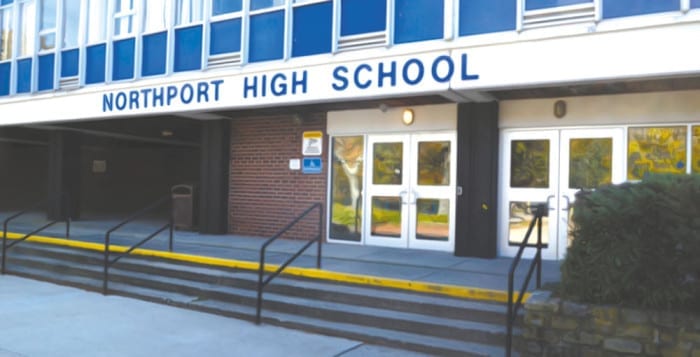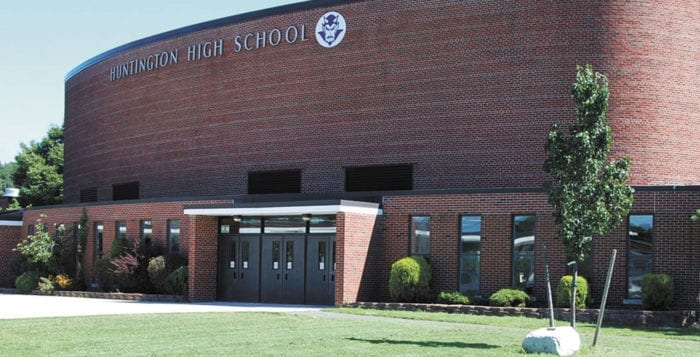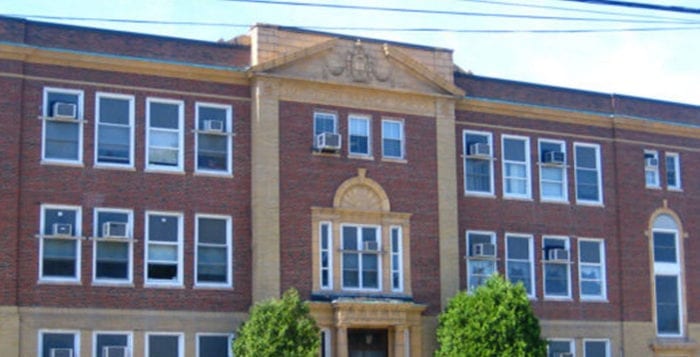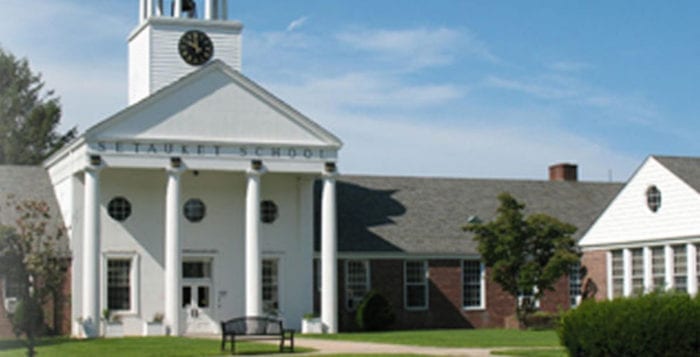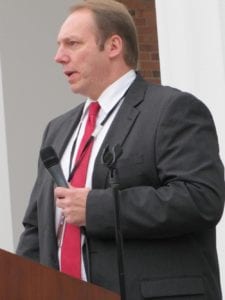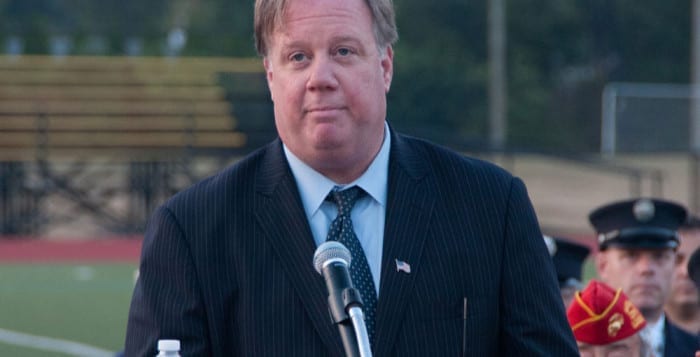Northport taxpayers will be casting their ballots three times as they head to the polls on the school district’s $166.8 million proposed 2018-19 budget and two propositions.
Northport-East Northport board of education has proposed a $166,810,381 budget for the upcoming 2018-19 school year, representing a 2.15 percent increase, or $3.5 million more than the current year. In addition, it is asking residents to vote on two propositions regarding capital reserves and improvements to the district’s buildings and facilities.
“I think that not only were we able to maintain our instruction programs and our extracurricular and co-curricular programs,” Superintendent Robert Banzer said. “We were able to move some other initiatives forward. There’s been a lot of talk this year about making sure we are addressing the needs of our students.”
Northport-East Northport school district$166.8 million 2018-19 proposed budget
2.15 percent year-to-year increase
2.1 percent tax levy increase
$159 annual tax increase for
average Northport homeowner
Under the proposed budget, Banzer said the district would be able to initiate a new alternative high school program for students struggling with the traditional model and expand the district’s co-teaching model across all grade levels. If approved, the district will move forward with its one-to-one Chromebook initiative by providing personal laptops with Google applications to students entering ninth grade as well as purchasing a new piano for its music department. The district hopes to purchase new athletic equipment for student-athletes including lacrosse helmets, treadmills, ellipticals and additional automated external defibrillators.
If approved by voters, the average Northport homeowner will see their annual school taxes increase by an estimated $159 per year. This is based on the average home having an assessed value of $3,800, in which an
assessed value is a dollar value placed on the property by the Town of Huntington solely for the purposes of calculating taxes based on comparable home sales and other factors.
Proposition 2
Proposition 2 will ask residents to approve the release of $900,000 from the district’s capital reserve funds for infrastructure upgrades and repair. The list of districtwide projects includes fencing and gate replacement, door replacements, window replacement and heating and air conditioning unit upgrades and enhancements.
Proposition 3
Under Proposition 3, the district seeks to establish a new Capital Reserve III Fund. The board says that the fund is necessary for several critical infrastructural improvements including roof replacements of its buildings, window replacement, bathroom replacement, masonry and concrete work, floor replacement, wall replacement, classroom renovations, library and multimedia center renovations and gym reconstruction among other projects. The district has put forth that a maximum of $20 million will be placed into this fund along with any investment income the account earns for a term of 10 years. If approved by voters, the district would move no more than $1 million from the remaining 2017-18 budget into the fund to get it started and invest no more than $2 million in each of the following school years.
Go Vote
The polls will be open May 15 from 6 a.m. to 9 p.m. at Dickinson Avenue Elementary, Fifth Avenue Elementary and the district’s William J. Brosnan Building.

